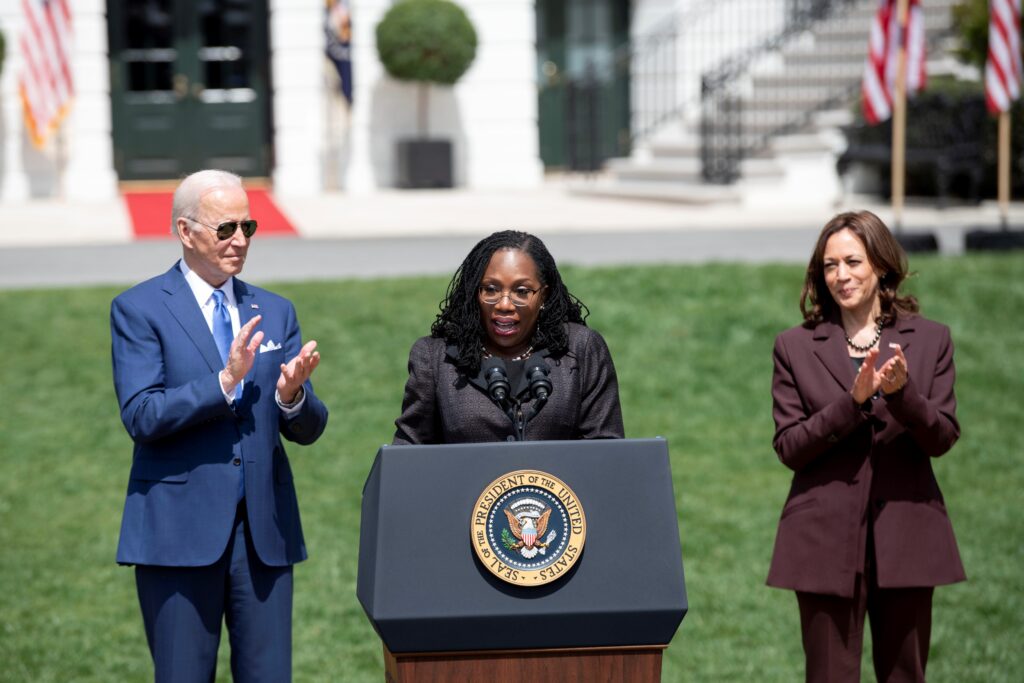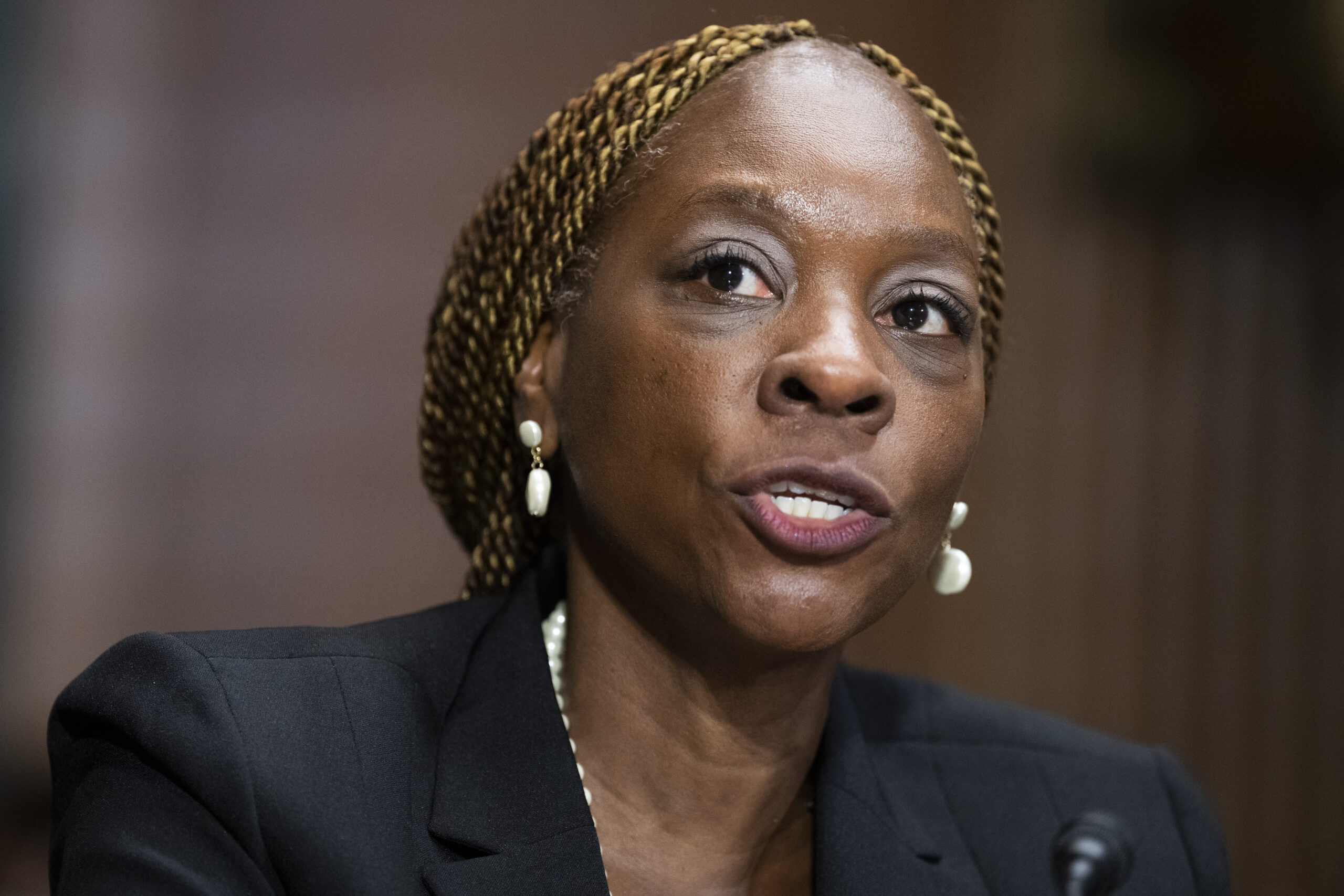President Joe Biden is reshaping the federal judiciary in a historic way, appointing a record-breaking 40 Black women judges during his presidency. This achievement not only fulfills a campaign promise but also marks a significant milestone in the ongoing push for diversity and equity within the U.S. judicial system.
A Historic Moment for Representation
As of December 2023, Biden has appointed 145 judges across various federal courts, including the district courts, appeals courts, and the Supreme Court. Among these appointees, 40 are Black women, which is a group historically underrepresented on the federal bench. Prior to Biden’s term, only eight Black women had served at the appellate court level in U.S. history. His appointments have more than quadrupled that number, signaling a bold commitment to equity and inclusion.

One of Biden’s most notable judicial appointees is Justice Ketanji Brown Jackson. She made history as the first Black woman to serve on the U.S. Supreme Court. Beyond Jackson, Biden’s appointments include groundbreaking judges like Nancy G. Abudu, the first Black woman on the U.S. Court of Appeals for the 11th Circuit, and Cristal C. Brisco, the first Black person to serve on the U.S. District Court for the Northern District of Indiana.
Why It Matters
The significance of having Black women on the federal bench extends far beyond just symbolism. According to legal scholars like Delores Jones-Brown, the presence of Black women judges introduces “a different kind of voice.” A voice that is vital for ensuring justice in a system historically skewed against marginalized groups.
By appointing Black women to these roles, Biden has ensured that their perspectives and lived experiences are represented in decisions that could shape the lives of millions.
Challenges and Triumphs
Biden’s appointments are particularly noteworthy given the challenges of diversifying the judiciary. Many federal jurisdictions, particularly in the South, have historically been dominated by judges who do not reflect the racial and cultural diversity of the communities they serve. Biden has broken through these barriers, with appointments like Melissa R. DuBose, the first Black and openly LGBTQ judge on the U.S. District Court for the District of Rhode Island.
These judicial appointments are just the tip of the iceberg. There has been a broader effort by Biden to promote equity during his presidency. From expanding funding for HBCUs to issuing executive orders on racial justice, Biden has consistently worked to uplift Black communities. His judicial legacy will likely be one of significance. Particularly as these judges continue to shape the legal landscape for decades to come.
These appointments are not just about representation. They are about ensuring fairness and justice in a nation struggling with systemic inequities.
